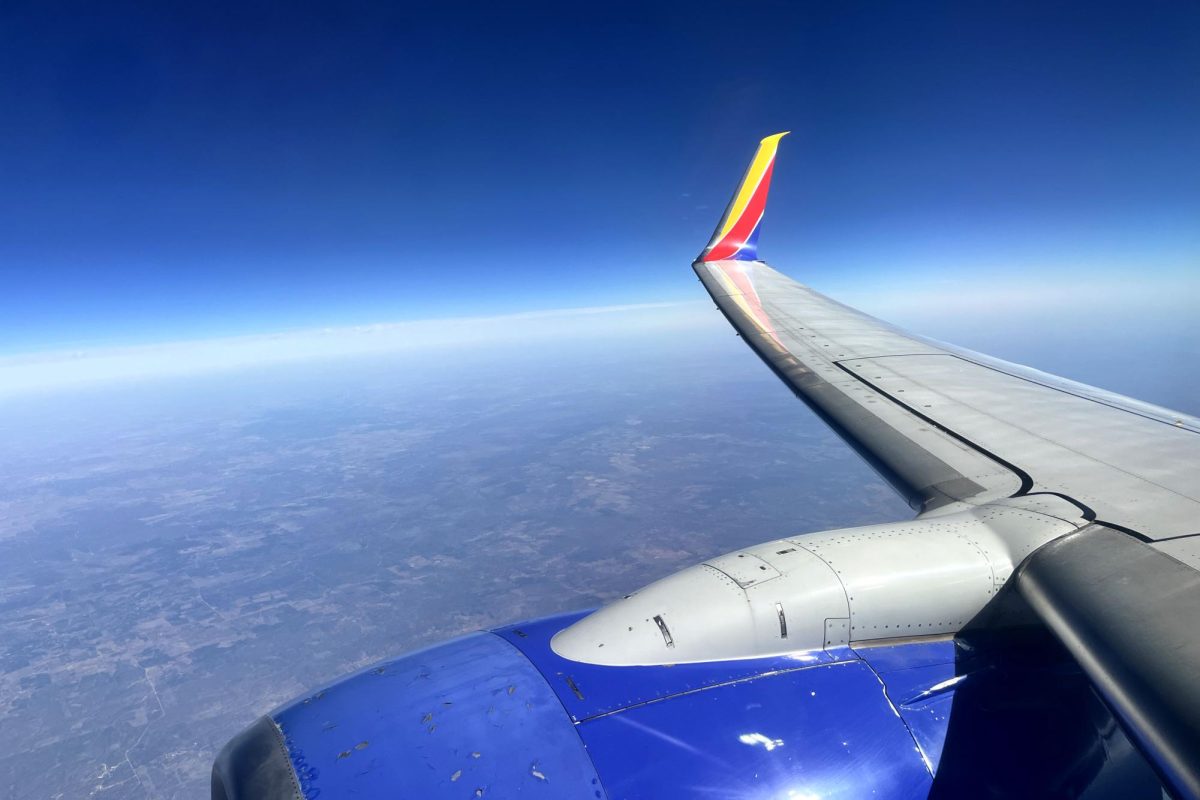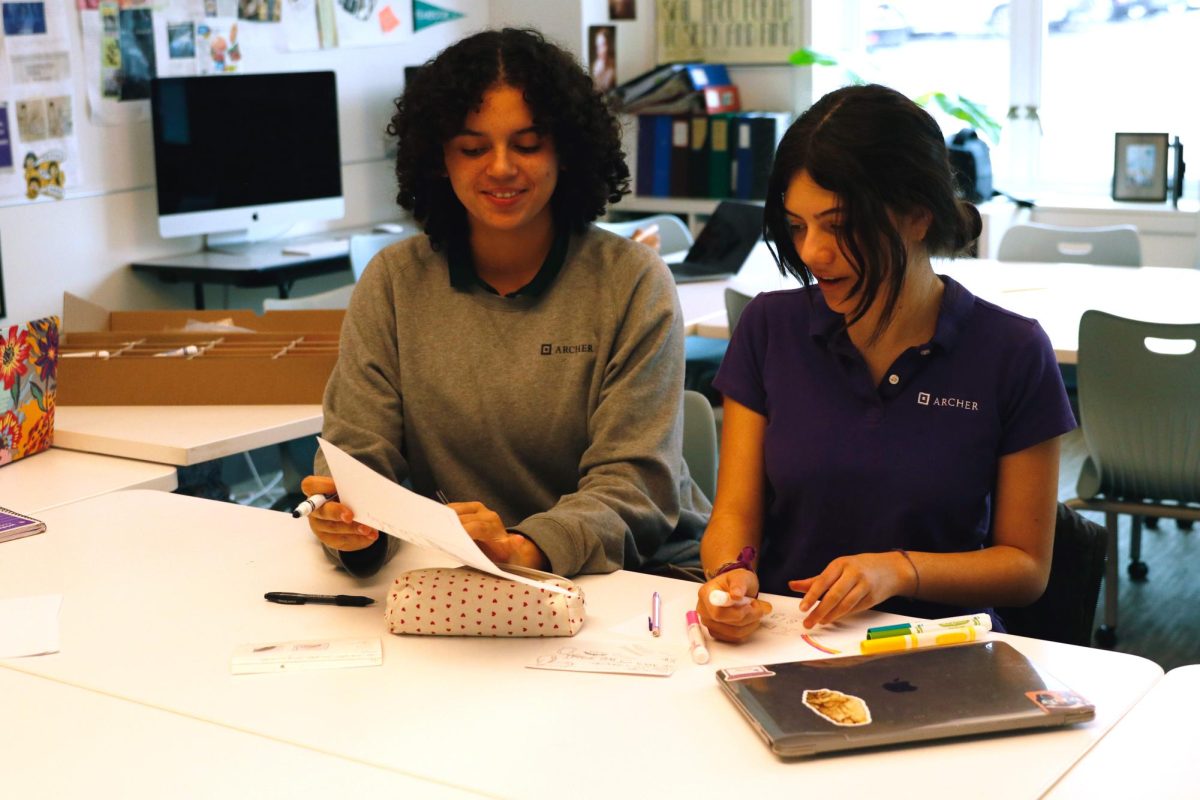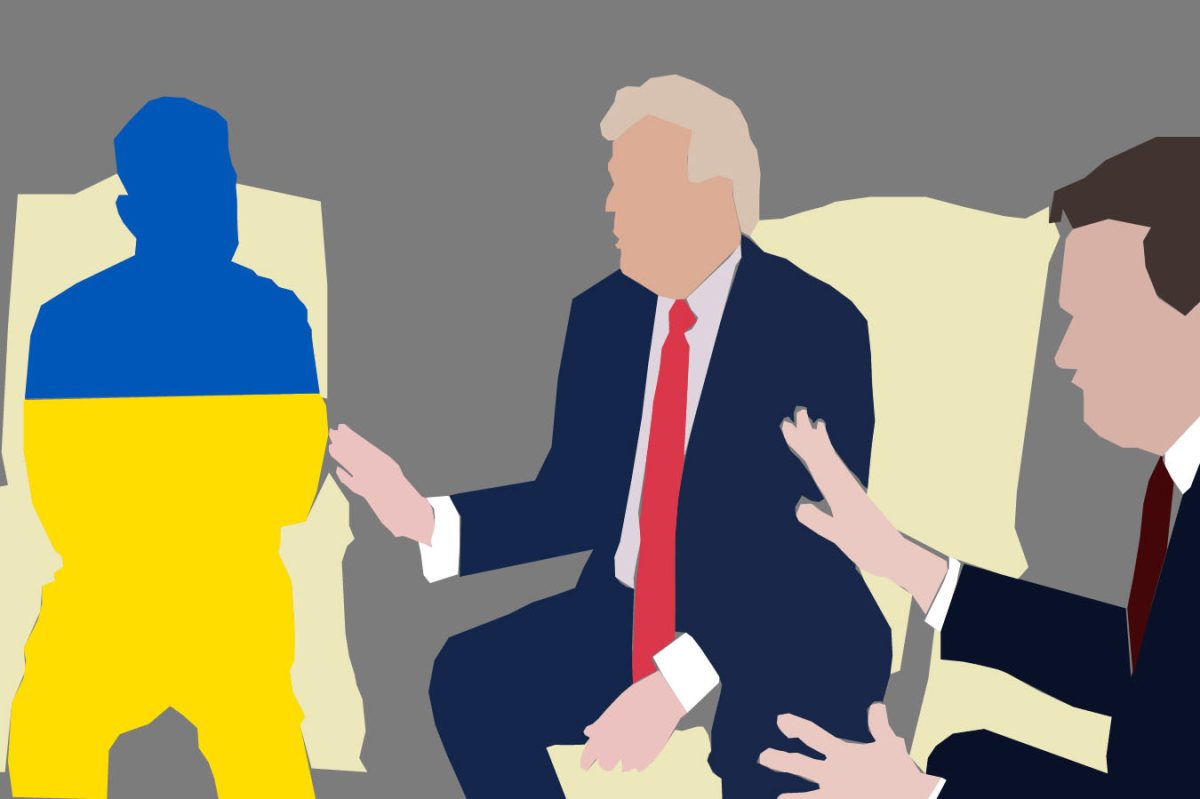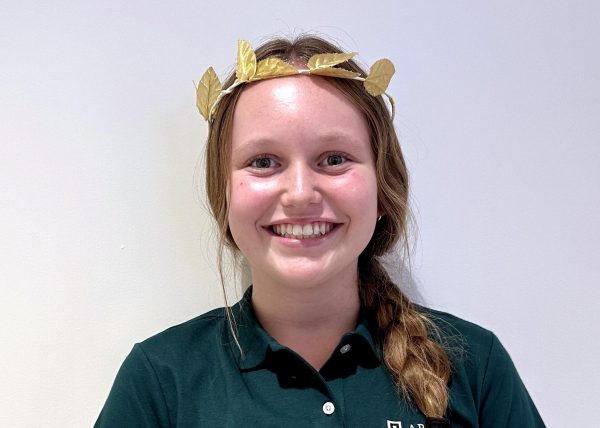Neurodiversity (noun): The range of differences in individual brain function and behavioral traits, regarded as part of normal variation in the human population.
Neurodiversity is an umbrella term that describes how all human brains learn and work differently. Around 15-20% of the United States population exhibit signs of being neurodivergent, according to Northwestern Medicine. Though this word is often used to refer to autism, learning disabilities, ADHD/ADD and Tourette’s syndrome, the word’s origins simply refer to the differences in each human’s brain. Some individuals are starting to use “neurodivergent” or “neurominority” to refer specifically to an aspect of their identity.
Senior Lily Grouf and eighth grader Lucy Dinerstein are leaders of the Neurodiverse Student Club. Grouf said reestablishing the club has always been in the back of her mind, so when Dinerstein came to her with the idea at the beginning of the school year, she was more than happy to run the club. There was a neurodivergent student club a few years ago, however it ended at the end of the 2022-2023 school year.
“The clicking moment was probably her coming to me because I’d always thought about starting one, but I wasn’t really sure. Then she came, and I was like, ‘Wait, this is perfect,'” Grouf said. “I’m very passionate about advocating for neurodiversity, and I want to study psychology. So I think it was just the moment that she came to me, and I was like, ‘Oh, wait, now I can make this happen.'”
During the club’s biweekly meetings, members engage in open discussions on different learning strategies, specific presentations on different neurological conditions and community bonding.
“There’s a lot of kids in the club who aren’t neurodiverse, and there’s a lot of kids who don’t know about their neurodiversity,” Dinerstein said. “So we’ve affected people within the club by teaching them what ADHD is and what autism actually looks like in a person.”
Archer’s learning specialists Danit Kaya and Stephanie Wald are the club’s faculty advisors. As learning specialists, they work with neurodiverse students every day, so they felt that this affinity group would be a perfect space for students to connect and learn from each other.
“The reason that we started it is to have a space for neurodiverse students to form community and really feel seen, share their experiences and talk with each other about what are their strengths and struggles and feel connected in the sense of belonging,” Kaya said. “And it’s very clear that this is a space for students to talk about their experience in the school setting, and then also to talk about what they might imagine the school might be able to offer down the road to really improve programming.”
Grouf and Dinerstein both said they have learned more about how neurodiversity can look completely different from person to person through this affinity space.
“I’ve learned a lot about the way that different people learn because, obviously, we all learn differently, so you don’t really know anyone’s experience until they share it with you, ” Grouf said. “And I thought it was just really interesting because some girls will have a very specific thing that you need to do in order to understand something, but then other girls will have something completely different.”
Kaya said the reason she became a learning specialist was to study how different every persons brain is. Wald said spreading awareness about neurodiversity and how everyone learns and retains information differently benefits every learner.
“Everybody’s brain is different, and I think that everybody has some neurodiversity, and that just means diversity,” Wald said. “And it’s just a way of, kind of describing that some people may have more diversity than other people, but I think it’s just the idea that you’re even thinking about [learning differently] is probably something that wouldn’t have happened if you hadn’t started reading about it.”
Dinerstein is also a student council representative. Although she loves being a representative, she said it is easier to become a leader within the Neurodiverse Student Club.
“For this affinity group, it’s sort of somewhat of a thing where as long as you’re interested and you’re willing to put the time in, you can be a big part,” Dinersein said.
Grouf said she is most proud of creating a space for neurodiverse students to bond, especially since there was no consistent club in previous years.
“I would say creating this organized space for neurodiverse students to connect and talk about their challenges, or just their lives with no diversity is really special, and that wasn’t something I ever had,” Grouf said. “It’s nice to help build that community.”










